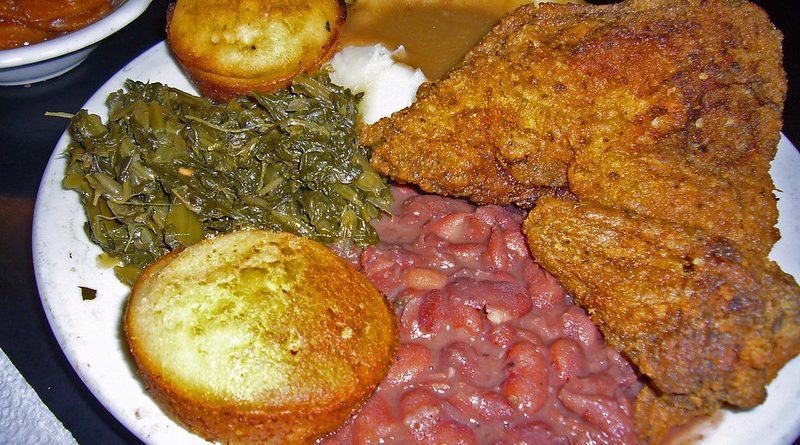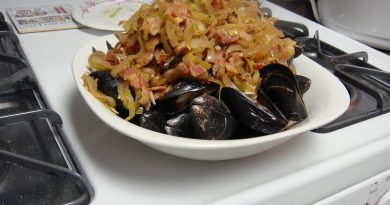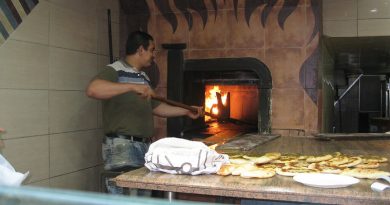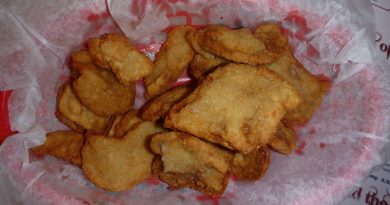The Food and Soul of the Mississippi Delta
Vicksburg marks the beginning of the Mississippi Delta, a flat alluvial plain between the Yazoo and the Mississippi Rivers.
Its rich soil and mild temperatures make this region one of the largest agricultural areas in the United States with an area of more than 4 million acres. The land is a heaven for cotton, soybean, rice, corn, small grain and vegetables.
For decades, the Delta was a rural based economy, feudal in nature. Plantations were like towns unto themselves, with schools, churches and stores. But the arrival of mechanization in the 1940s reduced the need of manual labour. And as farm jobs faded, so did the region’s economic base.
The combination of a rich agricultural land and the melting pot of people who came here to try their fortunes translate into the most fantastic soul food. Popular fishes include cornbread, yams, fried fish and chicken, okra and tomatoes, rice and banana pudding along with biscuits, and sweet tea.)
African slaves and freed men brought okra, black eyed peas, watermelon and sorghum from Africa. Chinese brought rice, soybeans and bananas. Indigenous Americans contributed corn, peppers, peanuts, sweet potatoes, tomatoes and squash. Italians and Lebanese brought pasta and collards greens and Mexicans brought tamales. Its origins began at the turn of the 20th century when migrant Hispanic laborers worked in the fields during the cotton picking season alongside African-American hired hands. The African American community loved them and made them their own. The Mississippi itself added catfish.
At Hopson Plantation you get a glimpse of what plantation life would have been like. The place is virtually unchanged from when it was a working plantation.
In 1935 the Hopson Plantation became one of the first completely mechanised cotton operations and with theintroduction of the first cotton picker in 1944 this plantation became the first in the world to grow and harvest cotton completely by mechanical methods.
This mechanisation marked the transition from the Cotton South of over-population and hand labour to intensive agriculture.
The Mississippi delta has also been fertile ground for American culture giving birth to the blues.
Clarksdale is a place of pilgrimage for blues lovers.
According to legend, this is the crossroads (highways 61 and 49) where brilliant blues singer, Robert Johnson sold his soul to the Devil in exchange for what must have been one of the greatest guitar lessons of all time.
Blues actually started in these fields with African American cotton pickers singing and yelling at each other when they worked. Then in the late 1920s when the depression set in most people left the fields and went to the towns and took the blues with them travelling along the famous highway 61, also known as the ‘blues highway’.




